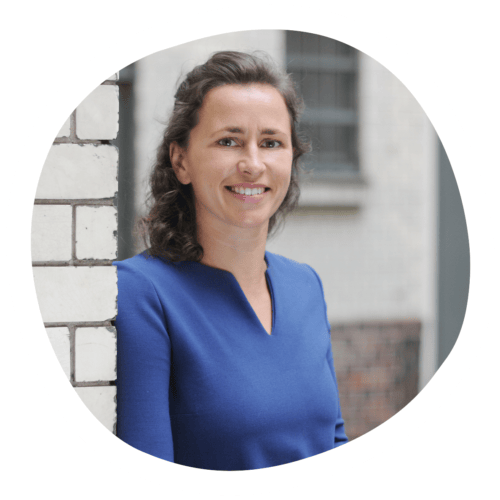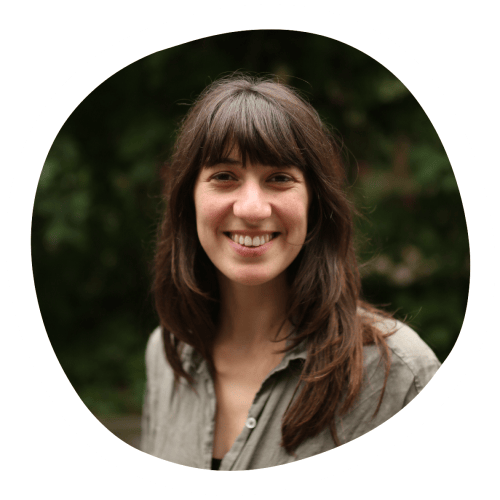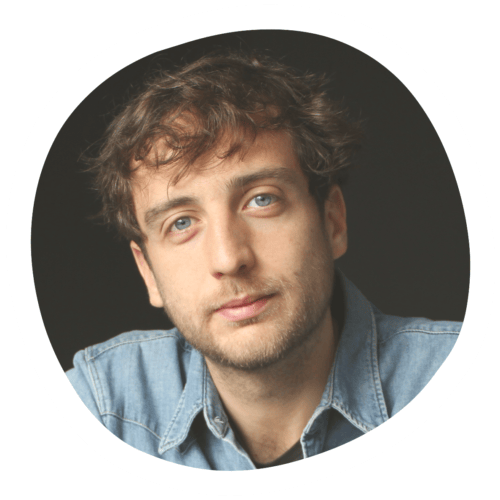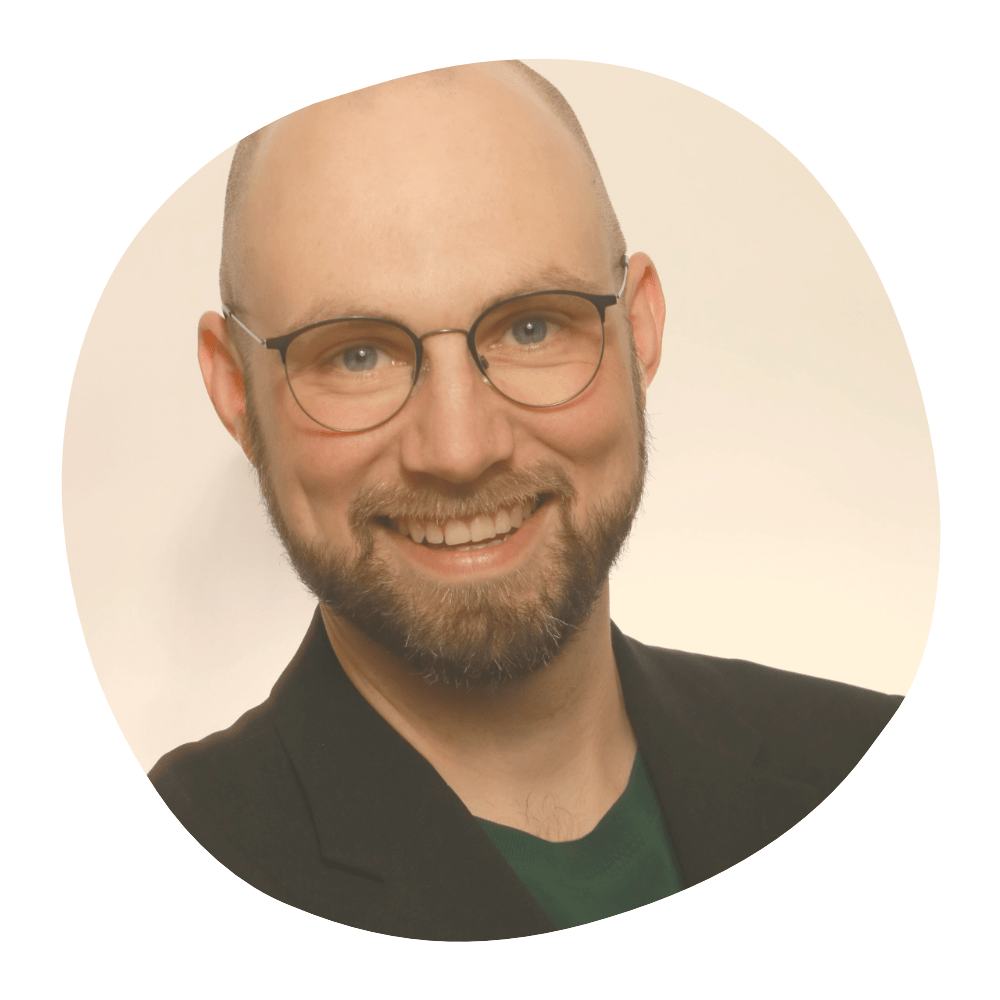CLIMATE ACTION
IS DEMOCRACY IS
SOCIAL JUSTICE

Young Adults from Disadvantaged Backgrounds
A Chance for Inclusive Climate Action and a Better Democracy
By Eva-Maria McCormack and Fine Hornbostel
For young adults from socially disadvantaged backgrounds, climate action is the most pressing issue of our time — and they are ready to get involved.
This was the key finding of the scoping project “What Can We Even Do?” – Young Adults Between Climate Crisis, Social Disadvantage, and Shaping the Future”, presented by Talking Hope and Stiftung Mercator to over 40 stakeholders from the fields of climate action, social care and democracy promotion at the Berlin ProjectCenter on May 20, 2025.

The research project, which spanned more than a year, focused on young adults (18-25 years old) with low formal education, from rural areas, Eastern Germany as well as young adults with migrant family backgrounds. As part of the project, Talking Hope had conducted a comprehensive review of the academic research, a social media analysis, focus groups, stakeholder interviews and a representative survey involving over 1,500 young adults from these target groups.
Participants at the 20 May event explored the barriers which young adults from structurally disadvantaged backgrounds face in engaging with climate action — and how their participation and specific perspectives could open the door to a more socially inclusive climate transition and deeper democratic engagement.
Discussions at the event were deliberately segmented by powerful audio clips from focus groups with young people from disadvantaged backgrounds. These voices, from East Germany, rural communities, migrant backgrounds, and low-education households, painted a vivid picture of both the challenges and the untapped potential which these young adults represent.
63 % of young adults from socially disadvantaged backgrounds would be willing to engage in
climate action.
Key insights from the study, which were reflected on at the event:
- Young adults from socially disadvantaged backgrounds agree: Climate action is the today’s most pressing challenge: 63 percent of respondents from the four target groups say they support climate protests.
- Exclusion, not disinterest is the issue for young adults from socially disadvantaged backgrounds: Young people from disadvantaged contexts care deeply about politics and climate action. 78 percent are politically interested, and 63 percent are willing to engage in climate activism. However, only 36% feel welcome in existing climate activist groups in Germany.
- Empowerment and hope fuel action—and engagement starts at home: Civic and climate engagement grows from peer-exchange and dialogue in the private sphere. When young people see that their opinions matter, participation follows. In total, 78 percent of young people from disadvantaged contexts say they talk to friends, family and acquaintances about the issues they care about and the matters in which they want to effect change.
Only 36% of young adults from socially disadvantaged backgrounds feel welcome in existing
climate activist groups in Germany.
These insights lay the groundwork for the Social Climate Project whichTalking Hope launched at the event — a participatory engagement initiative designed to create new, peer-led entry points for young people to participate in climate and democracy work.
Following the presentation, participants went on an interactive project journey across five thematic stations, where they exchanged ideas, shared experiences, and imagined new perspectives. The goal: to tear down barriers, build bridges and discover model initiatives for more inclusive approaches with marginalized youth communities.

The event’s core takeaway, echoed by many participants was: Effective climate advocacy starts at the local level — in conversations, through personal encounters, in communities. “Strengthening structures on the ground — that’s a win for everyone,” one participant concluded
I find it incredibly inspiring to think about and actively work on strengthening local structures. We talked about fire brigade volunteer groups, we talked about youth centres — places that bring young people together and build community. That’s where the real potential lies.”
Quentin Mönnich,
Sozialverband Deutschland
You can find further information here:
Share this Post:






